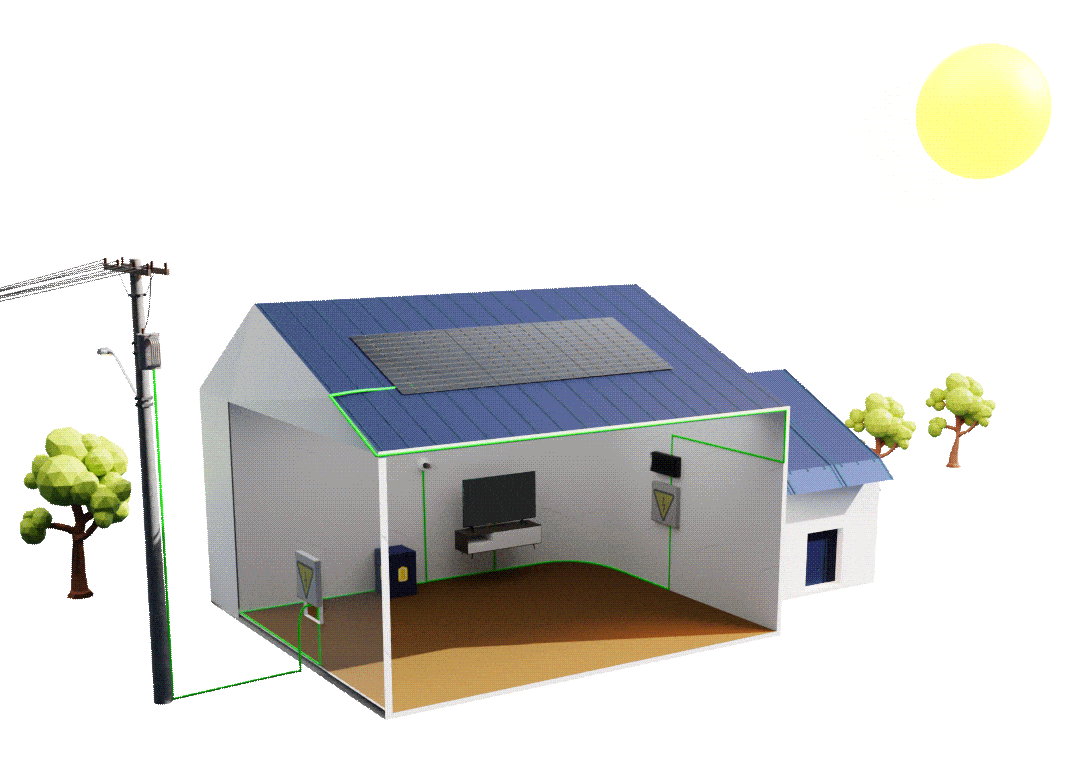The installation of solar panels in commercial businesses and domestic homes is becoming increasingly popular because of our more focused commitment to managing climate change, but also because it is a technology that has developed to become more accessible, efficient, reliable and affordable. But along with that is a need to regulate the use of solar panels in terms of how they are installed and how they perform over a period of time.
Why do we need to test solar panels?
Solar panels are known as photovoltaic (PV) cells or modules, which collect solar energy from the sun’s radiation. This energy is absorbed as a DC current, and the panels use an invertor to convert it to AC current which is usable as an alternative to the power supplied by the national grid. This electricity is therefore a self-replenishing source which reduces the demand on the national grid and thus lowers the users energy costs.
The design of solar panels is based on the anticipated usage of the user. So a small domestic home or a small commercial business may only need a small installation of PV cells in the form of panels, while a larger home or larger business will need a much bigger series of parallel PV cells in order to generate the electricity that is needed. So when the panels are installed, they need to be commissioned to ensure the installation is safe, but also that it should be performing as per the design spec. So solar PV testing is essentially:
- Determining the quality of the installation and performance of the panels under certain climactic conditions
- Confirming the installation meets electrical safety standards
This is done before the panels start to operate, so that we have a base standard record of how the panels ‘should’ be performing. Solar panels are expected to have a long lifespan, maybe up to and above 20 years, so you need to ensure the installation is always safe and that the panels are always performing, so you achieve the intended service life of the panels. Therefore solar panel testing should also include:
- Periodical safety testing
- Periodical performance testing to ensure solar irradiance is sufficient to produce the solar energy required
What types of solar panel testing are there?
After the initial installation commissioning, a common testing standard for solar panels is the IEC – International Electrotechnical Committee – standard which tests for:
- Risk of electric shock – testing that the module construction is safe, and testing the installation for electrical safety (leakage current and insulation resistance testing) as well as mechanical, thermal and fire safety
- Corrosion resistance - solar panels are subject to high levels of exposure, so can be damaged by weather conditions, but also some airborne pollutants. These can accelerate the degradation of the panels and lower their productivity
- Panel performance - a user can test the irradiance levels of the panels to confirm they are receiving the radiant energy they should be. This is largely determined by the location of the panels, which can be affected by over-hanging trees and large buildings, but also by an accumulation of dust, dirt and debris.
- Climactic conditions – the panels can also be tested to ensure they are withstanding the various climactic conditions they are exposed to. So this can involve a humidity freeze test, a damp heat test, mechanical load and climate tests (heat spots and UV exposure).
It is important that solar panels are tested for basic electrical safety requirements, as per any electrical installation, but also for their performance. Solar panels do still represent a significant investment, and this needs to be justified by seeing a return on your investment, ie. the panels are generating sufficient energy, so that the monthly savings on energy costs will at some point exceed to initial investment. Solar panel testing ensures the system is on course to achieve this.
You can speak to our experts at Test Instrument Solutions about solar panels and our range of solar panel testing equipment, and they will advise on the best test instruments for your installation, so get in touch today.
Please note that this section is for information purposes only. Anyone using equipment referred to in this section must be suitably qualified and/or experienced within the respective field. If in doubt before use, please consult a qualified electrician or engineer & thoroughly read all instruction booklets.